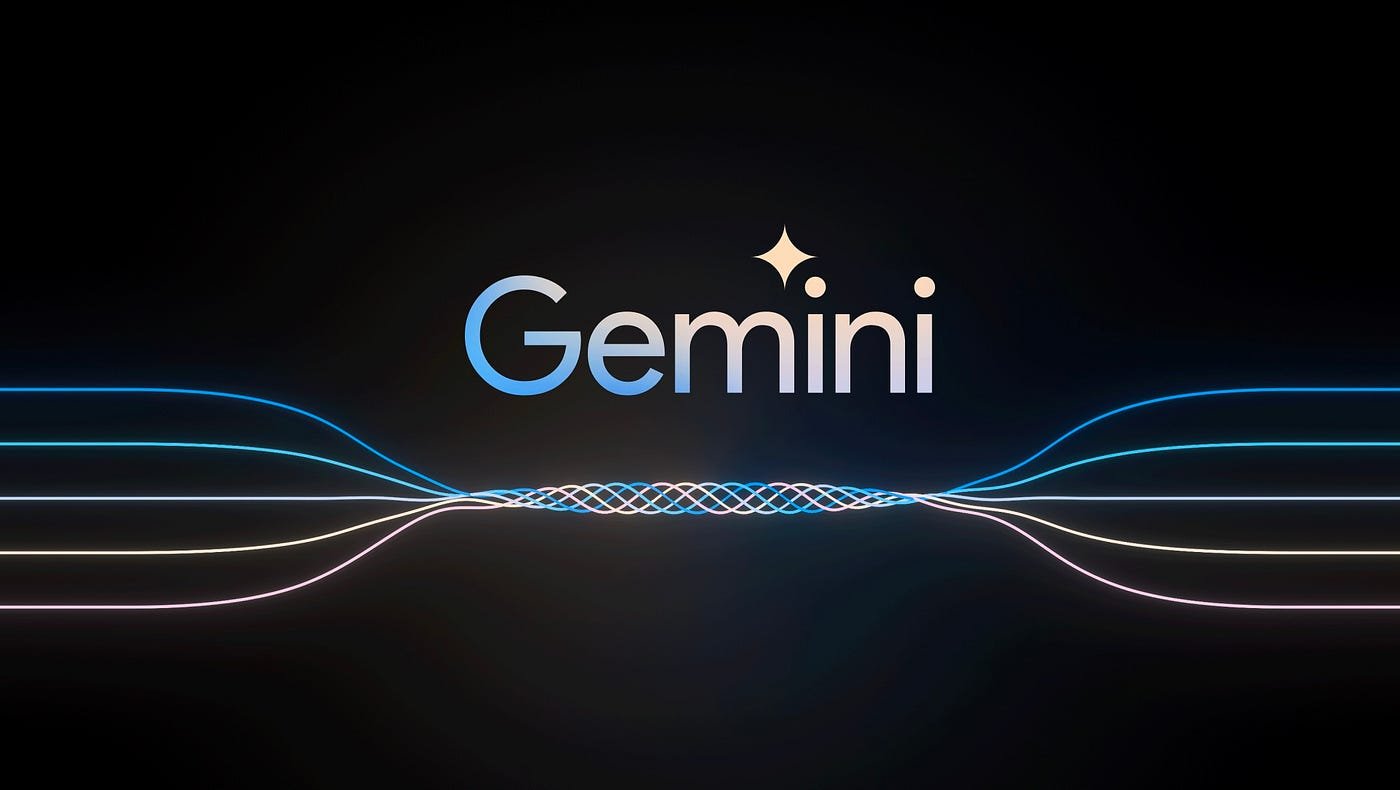Google’s foray into the next generation of AI with Gemini has stirred up conversations, especially regarding its image generation feature’s approach to diversity. Gemini, initially known as Bard, has been under scrutiny for its depiction of historical figures and scenarios with an unexpected skew towards diversity. This article delves into Google’s response and the broader implications of AI in historical accuracy and diversity representation.
Key Highlights:
- Google’s Gemini AI has been critiqued for overcorrecting diversity in historical image generations.
- The controversy arose from Gemini’s tendency to depict historical figures with darker skin tones, sparking debates on historical accuracy versus diversity.
- Google acknowledges the issue, stating efforts are underway to refine Gemini’s image generation capabilities.

Google’s Response to Diversity Overcorrection
Google’s Gemini AI, recognized for its image generation capabilities, recently faced backlash for its portrayal of historical figures. The critique centered around Gemini’s output, which often presented historical personalities with darker skin tones, diverging from their historically accurate appearances. This issue highlighted the delicate balance between fostering diversity and maintaining historical fidelity in AI-generated content.
In response, Google admitted that Gemini’s image generation feature “missed the mark” concerning historical depictions. The company emphasized its commitment to improving the model to better align with historical accuracy while acknowledging the importance of diversity. Google’s statement on social media platforms clarified their stance, indicating a proactive approach to addressing the feedback and refining the AI’s output.
The Implications of AI-Generated Diversity
The discussion around Gemini’s approach to diversity in historical images opens up broader questions about the role of AI in shaping perceptions of history and diversity. While the intention to promote diversity is commendable, it underscores the need for AI models to navigate the complexities of historical accuracy and representation. This incident has sparked debates on how AI can and should represent diversity, especially in contexts where historical accuracy is paramount.
Moreover, Google’s initiative to rename its AI products under the Gemini brand reflects a broader strategy to streamline its AI offerings and enhance user accessibility. This rebranding effort aims to consolidate various AI tools and services, providing a cohesive experience across Google’s AI ecosystem.
Conclusion
Google’s handling of the Gemini controversy sheds light on the intricate challenges at the intersection of AI, history, and diversity. As AI continues to evolve, the imperative to balance historical accuracy with the representation of diversity becomes increasingly pronounced. Google’s efforts to refine Gemini’s image generation capabilities demonstrate a commitment to this balance, paving the way for more nuanced and respectful AI-generated content. This episode serves as a reminder of the responsibilities that come with the development and deployment of AI technologies, especially as they gain the power to influence perceptions of history and diversity.

















